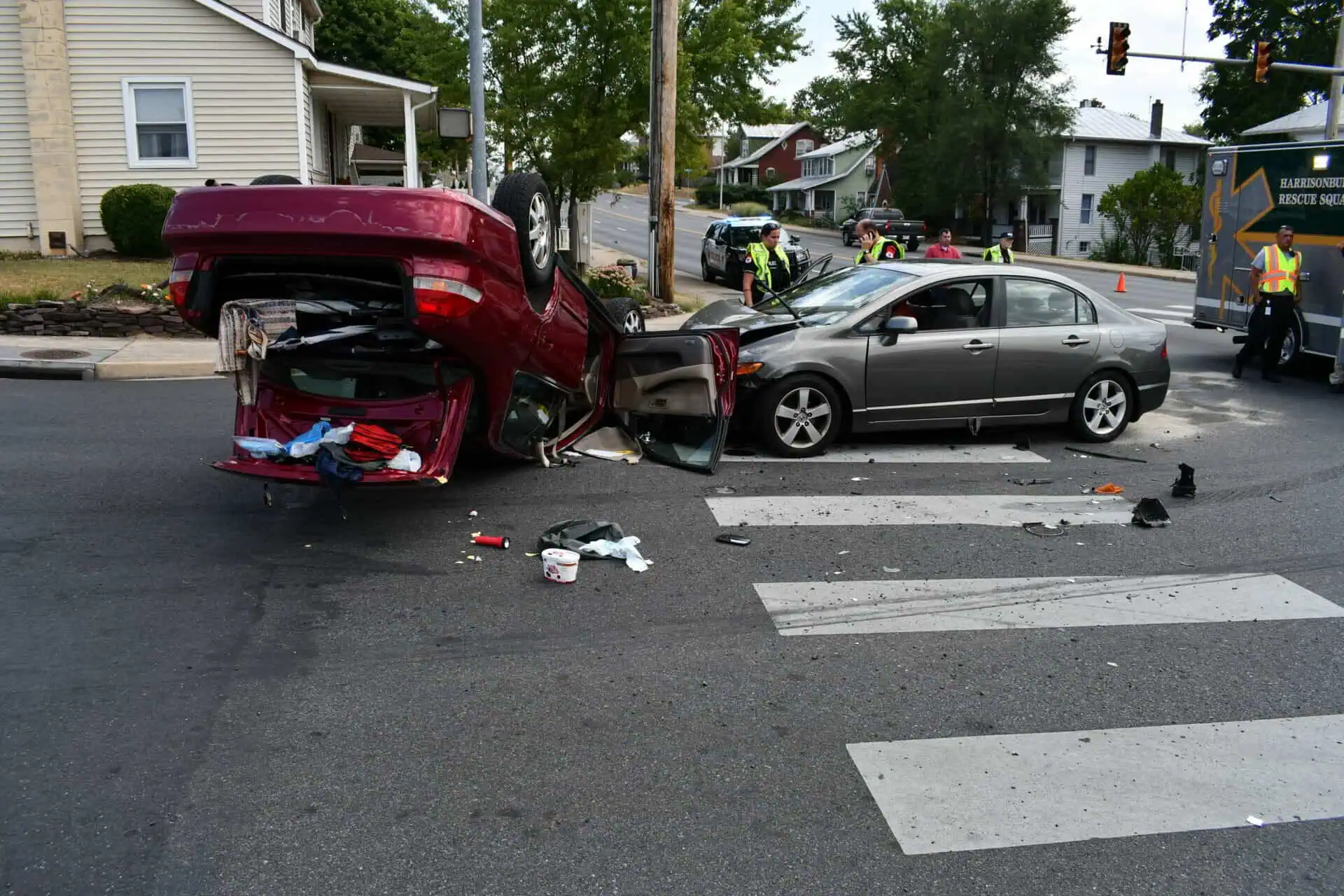
Harrisonburg is a lively city where community life meets the constant rhythm of daily travel. Its growing population, busy college atmosphere, and steady flow of commuters make its roads active throughout the day. With so much movement, the chances of a collision can never be completely avoided, and when one occurs, the moments immediately following it can be confusing and stressful. Knowing what to do in those critical minutes can make a real difference in protecting your health, your rights, and your ability to recover later on. In a city where accidents can happen at busy intersections or along quieter local roads, having a clear plan of action helps bring order to a chaotic situation.
Taking the right steps after an accident is about more than just safety; it sets the foundation for any future claims or legal proceedings. A Harrisonburg car accident lawyer can help ensure that those early actions, from documentation to communication, are handled correctly so that you can focus on recovery while safeguarding your future interests.
Ensure Safety First
After an accident, you should prioritize safety. Assess everyone for injuries and call for an ambulance if necessary. Activate the hazard light to notify other drivers. Attempt to get cars off the road to prevent further damage. You should always remain calm; panic will cloud your judgment and lead to mistakes. Evaluate the situation and choose your moves wisely.
Contact Emergency Services
Emergency services are trained to provide assistance, document the scene, and ensure that any medical emergency is handled. An official report helps when it comes to filing for insurance. You should provide a clear account of what happened to the police officers on the scene. It is important to stick to the facts and avoid speculating on details or fault.
Document the Scene
If you are involved in an accident, take pictures that clearly show the scene, vehicles, damage, skid marks, and weather and road conditions. These photographs can be used as evidence for filing insurance claims or preparing for a lawsuit. You should also make a note of the date, time, and place of the incident. Log everything that you observe to help you create an accurate record.
Exchange Information
Share contact and insurance information with everyone else involved. This includes personal details, phone numbers, email addresses, and insurance policy numbers. Avoid blaming others or making statements that imply you are taking the blame. This process can make it easier to file insurance claims.
Seek Medical Attention
It is important to see a doctor even if you feel fine, because sometimes injuries or symptoms may not appear until after a few hours or days. A medical examination allows healthcare professionals to identify hidden injuries and provide appropriate treatment. Maintain detailed documentation of all medical appointments and recommendations. It will help you with insurance and legal claims.
Notify Your Insurance Company
Call your insurance provider and report the accident as soon as possible. Share all the information collected, along with photos, evidence, and contact information. Knowing the terms of your policy can help you set realistic expectations. Quick notification can help resolve these types of cases faster, helping you cover costs for repairs and medical bills.
Stay Organized With Documentation
Keep all documents organized. This consists of police reports, medical records, and correspondence with insurance providers. Having everything in one place makes it easier to find and access information when you need it. It also helps you track the progress of current events and expenses associated with the accident.
Consider Legal Advice
Depending on how serious the accident is, you may want to consider hiring a lawyer. They can offer advice, explain your rights and responsibilities, and ensure that you are treated fairly. Legal advice can be particularly helpful if there are disputes regarding liability. Understanding your legal options can help you make informed decisions.
Conclusion
After a car accident, you need to make sure everyone is safe, collect information, and seek help from legal professionals. With some organization and research, you can confidently manage the situation. By following these guidelines, you can address your immediate concerns and ensure a smoother recovery process.
